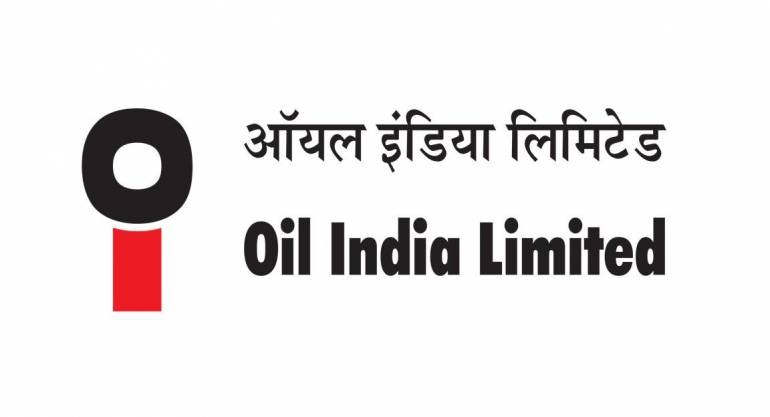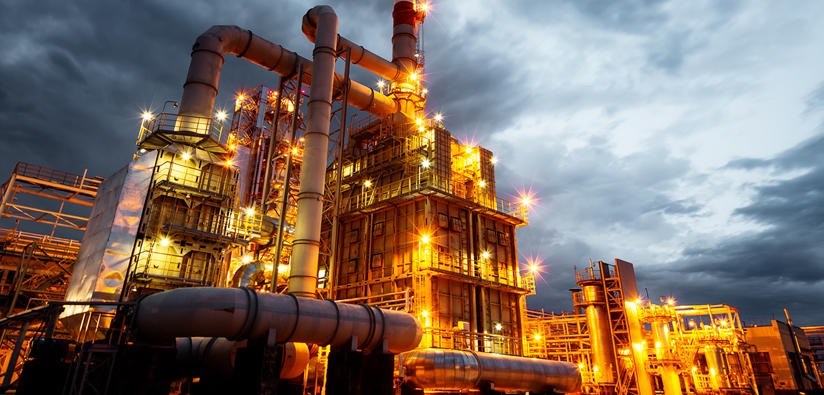51. The distribution of rainfall in Assam shows _______________ variability.
A) high
B) low
C) moderate
D) no
View Answer
52. The fog in the southern part of the Brahmaputra Valley and Cachar during the dry winter season is caused by _______________.
A) Rainfall
B) Thunderstorms
C) Heatwaves
D) Mountain winds from the Himalayas
View Answer
53. Which organization has been assessing and locating mineral resources in Assam since the mid-nineteenth century?
A) State Directorate of Geology and Mining
B) Geological Survey of India
C) Oil India Limited
D) Oil and Natural Gas Corporation
View Answer
54. Which organization has been involved in assessing and locating mineral resources in Assam since the mid-nineteenth century?
A) State Directorate of Geology and Mining
B) Geological Survey of India
C) Oil India Limited
D) Oil and Natural Gas Corporation
View Answer
55. Which rock group is the oldest in Assam?
A) Gneissic group
B) Quaternary deposits
C) Dhubri group
D) Meghalaya-Karbi Anglong Plateaus
View Answer
56. Which type of rock group occupies major parts of Karbi Anglong, North Cachar Hills, and other districts?
A) Gneissic group
B) Quaternary deposits
C) Tertiary deposits
D) Meghalaya-Karbi Anglong Plateaus
View Answer
57. The coal reserves in Assam belong to which ages?
A) Silurian and Devonian
B) Achaean and Quaternary
C) Gondwana and Tertiary
D) Jurassic and Cretaceous
View Answer
58. Which district in Assam has significant coal reserves?
A) Goalpara
B) Dhubri
C) Kamrup
D) Karbi Anglong
View Answer
59. Where are the iron ore deposits found in Assam?
A) Nagaland foothills
B) Dhubri district
C) Kamrup district
D) Karbi Anglong Plateau
View Answer
60. When was the presence of oil in upper Assam first detected?
A) 1822
B) 1867
C) 1899
D) 1958
View Answer
61. Which organization operated on the Naharkatia, Moran, and Hoogrijan oil fields in Assam?
A) Assam Oil Company
B) Oil India Limited
C) Oil and Natural Gas Commission
D) Oil and Natural Gas Corporation
View Answer

62. What is the major use of limestone in Assam?
A) Steel production
B) Glass manufacturing
C) Cement production
D) Automobile industries
View Answer
63. Which mineral is commonly used in the glass and ceramic industries?
A) Gypsum
B) Sillimanite
C) Quartz
D) Kaolin
View Answer
64. Which district in Assam has significant kaolin deposits?
A) Karbi Anglong
B) Golaghat
C) Lakhimpur
D) Kamrup
View Answer
65. Where is mica found in Assam?
A) Meghalaya-KarbiAnglong Plateaus
B) Dholamara Hills
C) Dhir Beel
D) Kamrup district
View Answer
66. What is the main use of Mica?
A) Steel production
B) Glass manufacturing
C) Sanitary wares
D) Electrical goods
View Answer
67. Which mineral resource is used in the chemical and cement industries?
A) Gypsum
B) Sillimanite
C) Quartz
D) Kaolin
View Answer
68. Which refineries in Assam use the crude oil from the region?
A) Digboi and Noonmati
B) Bongaigaon and Numaligarh
C) Guwahati and Barauni
D) All of the above
View Answer

69. The oldest rock group in Assam is found in which districts?
A) Karbi Anglong and North Cachar Hills
B) Dhubri and Goalpara
C) Nagaland and Dhubri
D) Kamrup and Karbi Anglong
View Answer
70. Which type of deposits covers major parts of the plain areas in Assam?
A) Gneissic group
B) Quaternary deposits
C) Tertiary deposits
D) Meghalaya-Karbi Anglong Plateaus
View Answer
71. Which mineral resource is not found in Assam?
A) Coal
B) Limestone
C) Iron ore
D) Bauxite
View Answer
72. Which district in Assam has significant limestone deposits?
A) Goalpara
B) Dhubri
C) Karbi Anglong
D) Kamrup
View Answer
73. Which coal field is the oldest in Assam?
A) Makum Coalfields
B) DiliJaipur Coalfield
C) Naginimara field
D) Kailajan field
View Answer
74. In which district of Assam are the iron ore deposits found near Abhayapuri?
A) Dhubri
B) Goalpara
C) Karbi Anglong
D) Kamrup
View Answer
75. When was the first oil well drilled in Assam?
A) 1822
B) 1865
C) 1899
D) 1967
View Answer

